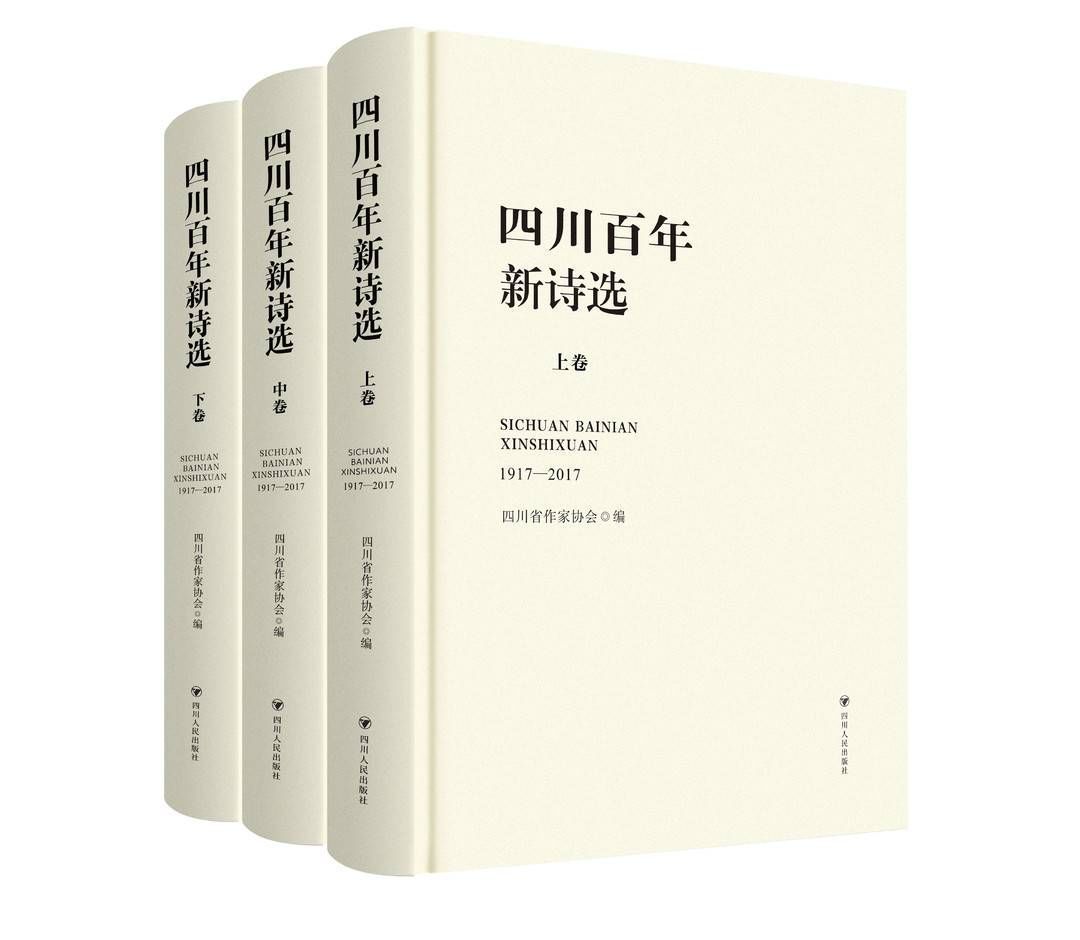Cover reporter Zhang Jie intern Zheng Hao
In the nearly 3,000-year history of poetry, especially in the magnificent poetry since the Han Dynasty, Bashu poets have always been an important force in promoting the development of Chinese poetry. one of the powers. Since the New Culture Movement, Sichuan poets Ye Bohe, Wang Guangqi, Wu Fangji, Kang Baiqing and others have become the forerunners of Chinese vernacular poetry. Guo Moruo’s “Goddess” has established a milestone status for Sichuan poets in the source of new poetry in China.
In the 1980s, the “Star” poetry magazine gathered a large number of young poets, and the reverberation is still there. Since the beginning of the new century, Sichuan New Poetry is still exploring more possibilities of language. It can be said that over the past hundred years, Sichuan New Poetry in the new era has established a set of speech methods and poetry spirit discourse system that reflects the local area on the basis of absorbing the spirit of traditional Chinese poetics and culture.

“Salute to all poets who participated in the creation of new poems during this period”
The literary movement and the national movement Pull, context and national context are connected. In order to actively respond to the call of the Sichuan Provincial Party Committee and the Provincial Government to “build a strong Sichuan literature province”, and to write more outstanding works worthy of the times, the people, and history for the next century of Sichuan’s new poetry, the Sichuan Writers Association has carefully planned , edited a set of “Sichuan Centennial New Poems”, which will be launched by Sichuan People’s Publishing House in July 2022.
The scale of the above, middle and lower volumes of this anthology of poems gathers more than 500 Sichuan poets (including Chongqing poets before 1997) from 1917 to 2017, or famous foreign poets who lived in Sichuan for a long time. Excellent new poetry works published in Sichuan newspapers and periodicals (books). The whole book is based on poetry, takes history as the key link, highlights the compilation and selection ideas of both artistry and ideology, and sorts out the grand context of Sichuan’s new poetry over the past century. This book is not only a review, sorting and summary of Bashu’s century-long history of new poetry, but also a tribute to all the poets who participated in the creation of new poetry during this period.
In October 2018, the Sichuan Writers Association’s party group researched and approved the “Sichuan Centennial New Poems” project. At the beginning of December, the editorial staff was in place, and a call for papers was issued to 21 city and state Writers Associations in the province that month. The first draft was formed in April 2019, and the first expert discussion meeting was held in Mingshan. At the same time, the selection criteria were revised and the primary selection list was screened for the first time; in early June, the second expert discussion meeting was held in Chengdu to review the shortlist. Additions and deletions will be voted by secret ballot; at the end of June, the third expert discussion meeting will be held to finalize the “Selected Poems”. In each link, the relevant leaders of the Provincial Writers Association came to the scene to strictly check to ensure that the selection work was carried out fairly. During the editing process, work is summarized once a week, an editorial meeting is held every half month, and the work progress is reported to the editorial board in a timely manner.
“You cannot miss an old poet who has contributed to Sichuan’s new poetry”
It can be seen on the list of the editorial board of the book. The directors of the association are Alai, chairman of the Sichuan Writers Association, and Hou Zhiming, secretary of the party group of the Sichuan Writers Association. The editor-in-chief is Gong Xuemin, vice chairman of Sichuan Writers Association and editor-in-chief of “Star” Poetry Magazine. “Selected Poems” is large in size, spanning 100 years, with numerous projects, and the selection process is difficult. The editor revealed in the postscript of the book: “The most difficult part is the introduction of the deceased old poet and the collection and arrangement of the works created or published in Sichuan. Due to the long time, most of them have not been heard from, and it took us almost two months to check. materials, put forward a list, and form a brief introduction. In order to avoid the regret of leaving behind beads, and taking into account the documentary nature and diversity of the subject matter, we have consulted nearly a hundred materials, and selected as many poems as possible from the poetry anthologies of different periods. It is the most representative work of the poet. However, the question marks in the introduction have never been found, so they have to be left forever.”
At the same time, the editor also emphasized: “It is not possible to miss a person who once had a great impact on Sichuan. Old poets who have contributed to new poems are the consensus in the compilation work. Everyone has not given up their efforts until the manuscripts are handed over to the publishing house, and some old poets have not even been found from the materials in early August. For the compilation of new poems in other eras, we pay attention to Select influential and concerned works in various periods, and also pay attention to discover excellent works that have been submerged and forgotten; strive to be rich and comprehensive, with clear priorities, both historical depth and artistic freshness.”
< p>【If you have news clues, welcome to report to us. Once adopted, you will be paid a fee. Newsletter WeChat Follow: ihxdsb, Newsletter QQ: 3386405712]